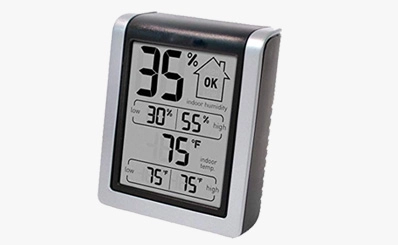Prime Chiller is one of the leading manufacturers & suppliers of chiller and temperature control systems. We are specialists in supplying quality Heating, Ventilation, Air Conditioning & Refrigeration products.
Contact Us
PB:417, PC:C30 Sultanate of Oman
+968 22 850886
Mon-Sun 09:00 am - 06:00 pm/Friday CLOSE


